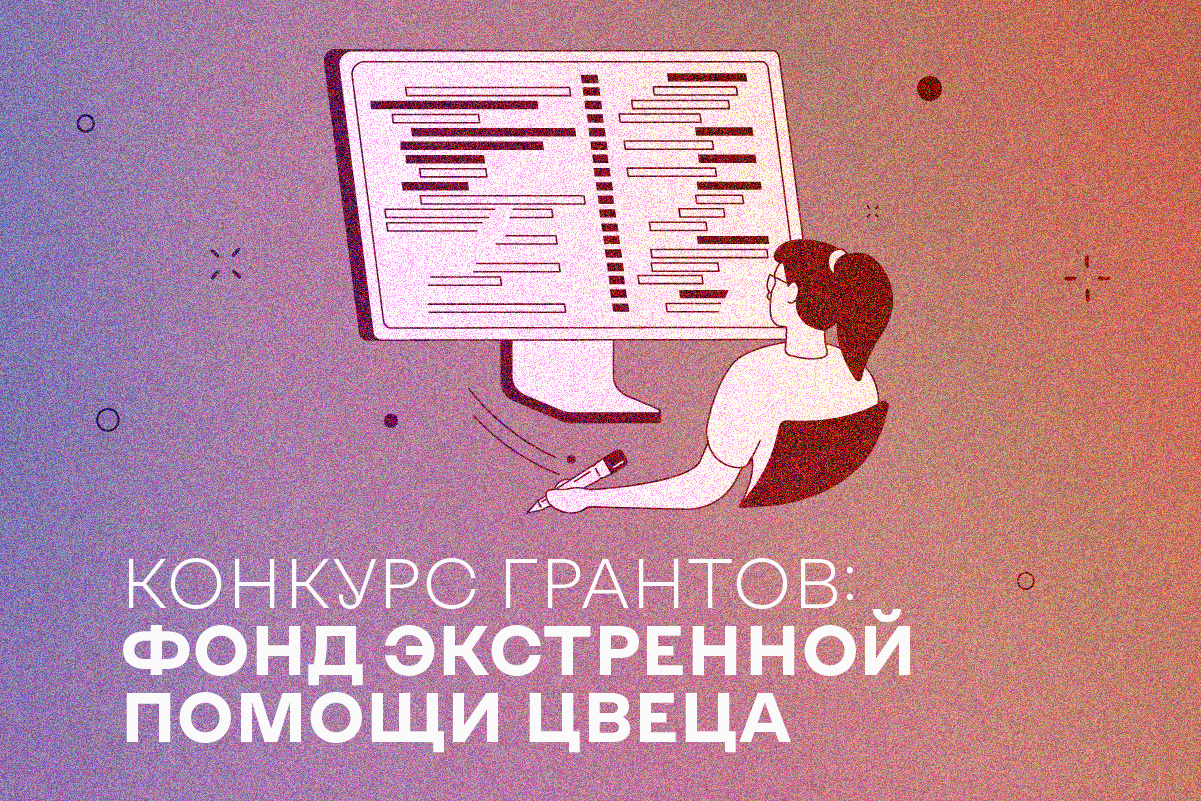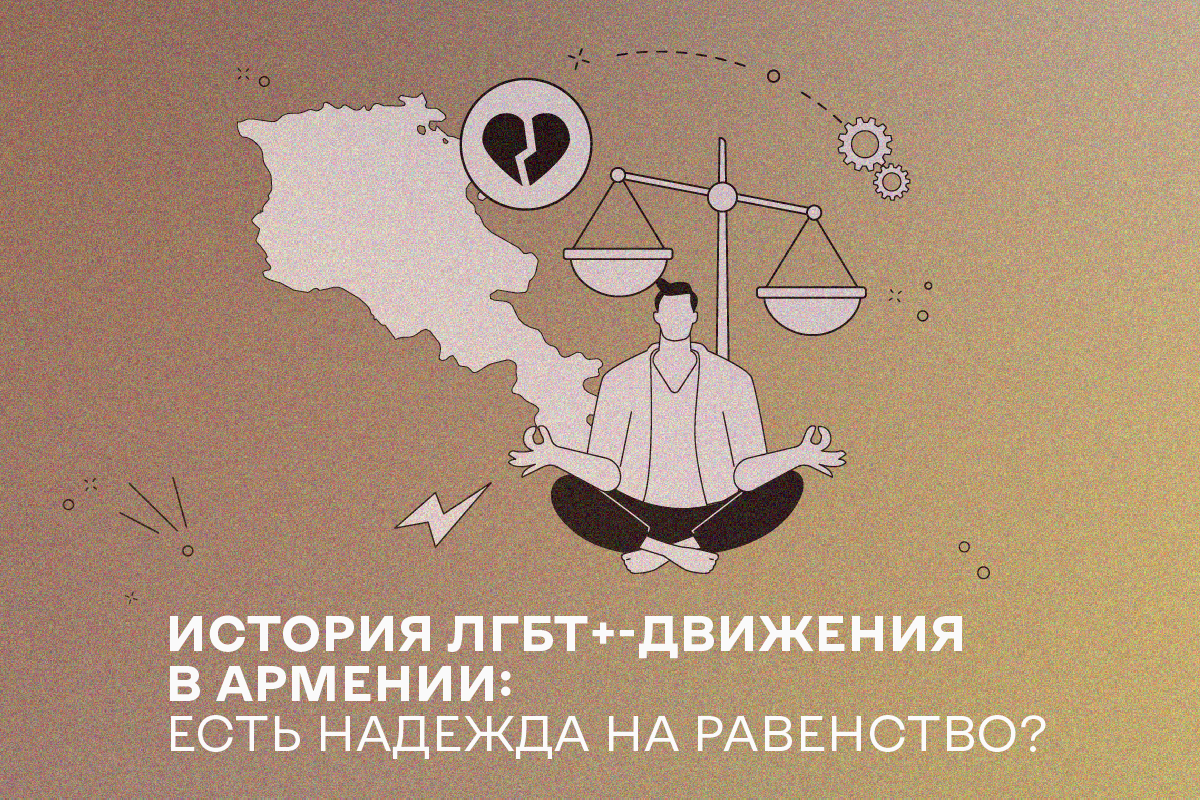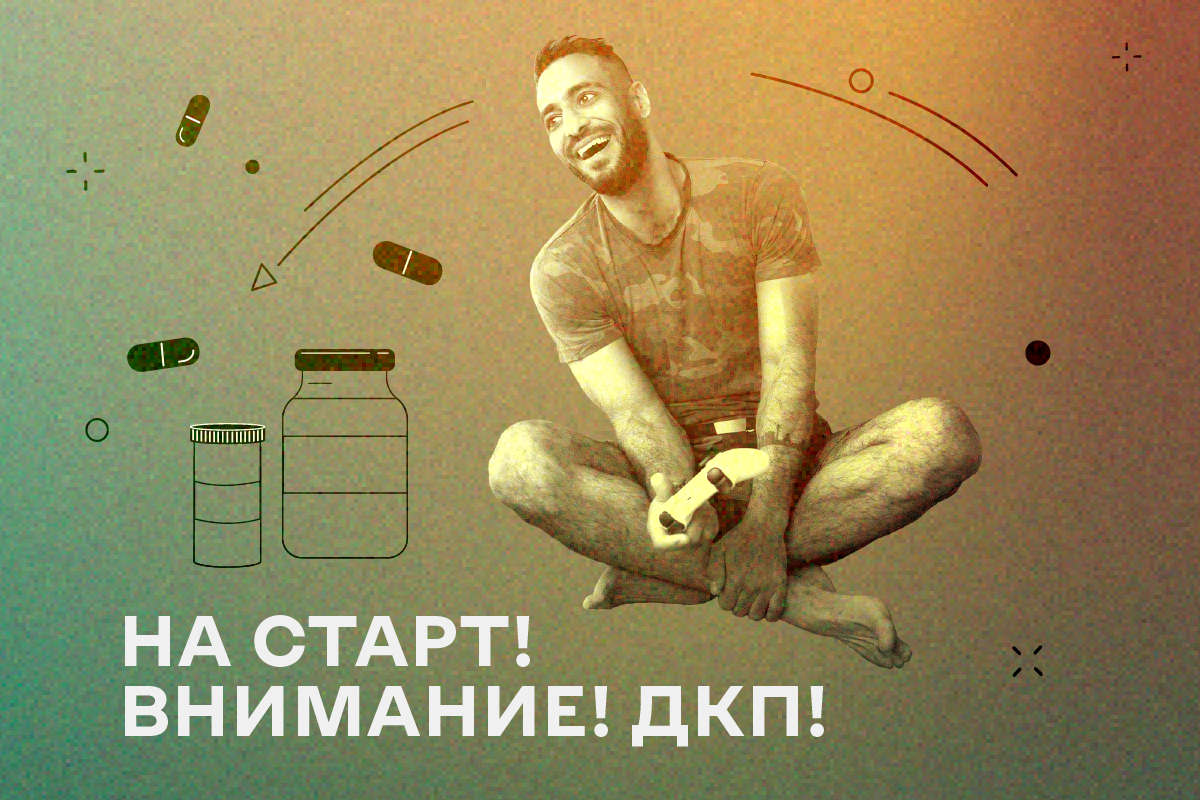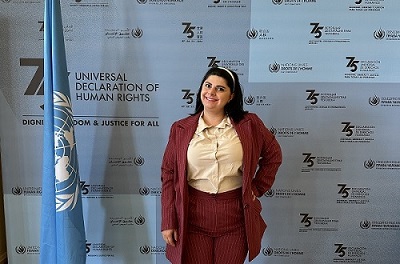“What kind of country is Armenia for LGBT+ people? Is it safe to live there?” — I have often heard this question from the LGBT activists residing abroad, international colleagues engaged in human rights organizations, human rights advocates, and LGBT+ people who wanted to move to Armenia.
This question does not have a straightforward answer. Various prominent international organizations, such as OSCE ODIHR, Human Rights Watch, and others, speak out about discrimination, mistreatment, and violence against LGBT people in Armenia every year. ILGA-Europe’s Rainbow Europe Map and index, which are published every year and analyze the situation of the rights of LGBT+ people in European countries, show that Armenia has one of the lowest indexes, which means our country is far away from creating a non-homophobic and equal environment for LGBT+ people to live in.
What is the history of the LGBT+ movement in Armenia, how it developed, what important events happened during this time, and what the vision of the community is — reflection of these topics will help to form an idea about the conditions of life of LGBT+ people in Armenia.
The period when homosexuality was criminalized
The independence of Armenia from The Soviet Union was declared in 1991. The Criminal Code adopted in Soviet Armenia (in 1961) operated in the RA over 12 years after the declaration of independence. In the entire territory of the Soviet Union, and particularly in Armenia, criminal liability was envisaged for homosexuality. According to the article 116 of the Criminal Code adopted in 1961 "pederasty" was considered a crime. It meant male to male sexual intercourse and was punished by up to five years in prison.
There is very little evidence about the life of the LGBT community during that period. Community representatives mostly hid their orientation, fearing public ill-treatment, stigma and imprisonment. And even now, after the decriminalization of homosexuality for so many years already, people still experience difficulties talking about the situation of those times. During private community events, older members of the community tell that there was no systematized LGBT movement in post-Soviet Armenia, and the LGBT groups had not been formed as a community yet. If it is easy to meet up with other gay or trans people through the Internet nowadays, there was no Internet then, and LGBT people had specific places to gather, for example, a cafe or a park, a friend's apartment, which they learned about through acquaintances. Besides, the number of people gathering in those places was very little, everything was done secretly, away from the eyes of friends and family members.
There is not much information about this period in online platforms either. The story of Robert, a gay man from Armenia, who was convicted for homosexuality, was published by the research group “Woman. Prison. Society” in the article “I was charged for two years for the sake of love”. Robert says that he and his partner were betrayed in 1997. Before the trial, they had to undergo a forensic examination, which was very humiliating. His partner was sentenced to half a year in prison because he was the "passive" partner and admitted that he was "sick" during the hearings. And since Robert was "the active", he was sentenced to 3 years in prison. Later the superior court reduced the sentence to 2 years. He remembers when he arrived at the penitentiary, he heard talks, “Oh, a new bride has arrived.” He saw women clothes in the room, but he wasn’t made to put them on, as he wasn’t “the passive”. He had to serve all the period of imprisonment with a very harsh life being in the lowest level of the prison hierarchy, in “the group of pederasts”.
Hovik Minasyan, was convicted for being gay in 1999. In the article “The Homosexualists – Money Source for the Police”, he speaks about the difficulties and imprisonment he faced because of his sexual orientation. “There is Seryozha – a Russian, with whom I have been once. 3 months after that 4 people came home to take me to the police station.” tells Hovik and adds that although the police told his mother they were taking him because of a theft, he understood the real reason, because Seryozha was with them.
The trial took place in The First Instance Court in Yerevan and Hovik was sentenced to 3 months imprisonment. According to him, his aunt gave $1000 bribe to the judge, otherwise the imprisonment could be more severe. The time in jail was not less harsh. Hovik mentions there were 7 people in the cell, who did not communicate with him. The head of the isolation ward, where Hovik was kept, used to oppress him, take him to his place, beat and tease him. “It was the same in the police station: the cops were beating constantly.” tells Hovik. After his release from prison, Hovik was taken to the police several times to reveal information about other homosexuals. He says that he was constantly in fights, because he was insulted on the street, for example, they shouted “faggot” at him. Besides, he was fired twice. The last time he was fired when the police informed his employer about his orientation.
LGBT people were afraid of coming out, they were deeply concerned that their family members, the police might discover their orientation. This fear, unfortunately, was sometimes used against them. For instance, a stranger might exploit this vulnerability by threatening to expose someone's orientation and demanding payment in exchange for their silence. Shockingly, some say that even the police themselves used intimidation tactics, extorting money from individuals to keep their sexual orientation a secret, sometimes demanding sums as high as $300, $400, or even $700.
The Criminal Code that was enacted in 1961 in Soviet Armenia remained in effect until 2003, when the new Criminal Code was adopted. It was only at this point that homosexuality and male-to-male sexual intercourse were decriminalized. In a 2017 article from "Hetq" electronic media the data of the RA National Statistical Service is cited: according to the Service, during the years of independence, from 1991 to 2002, 68 people were sentenced to imprisonment for homosexuality.
What happens now․ Celebrations and prominent events
After decriminalization of homosexuality gay individuals began to feel more secure, as the threat of imprisonment for their sexual orientation was lifted. However, it's important to note that despite this legal change, many LGBTQI individuals continued to hide their sexual orientation and identity. This ongoing secrecy is primarily due to the persistent fear of social condemnation, insults, discrimination, and the very real risk of physical and psychological abuse that they still face, even in the present day.
Public awareness regarding LGBT issues and sexuality, in general, remains significantly low. The lack of knowledge in these areas often leads people to rely on stereotypes, and regrettably, some still mistakenly believe that homosexuality is a disease. This situation is not surprising, as the State has not taken adequate steps to educate Armenian society about these important subjects. Furthermore, certain officials (MPs, government members) have employed discriminatory and derogatory language against LGBT individuals at various times. LGBT topics were widely manipulated by political parties, biased speeches were used to gain the votes of the homophobic electorate. In 2019 members of the party Prosperous Armenia in the National Assembly proposed to criminalize the promotion of “non-traditional sexual orientation” among persons under the age of 16. Fortunately, the proposal was not approved by the RA Government. Nonetheless, LGBT+ issues are a topic for political manipulations till our days.
The crucial responsibility of raising public awareness of sexuality, breaking stereotypes, and protecting the rights of LGBT+ people falls on non-governmental organizations and dedicated activists, who coordinate and lead the Armenian LGBT movement.
Several non-governmental organizations, such as Right Side, Pink, New Generation, provide legal, HIV counseling and testing, psychological or social worker services to LGBT+ people. Some NGOs, such as Right Side, have community centers, which serve as gathering spots for LGBTQI people, their relatives, and allies to discuss sexuality topics, organize movie screenings, trainings, and other entertainment and educational events.
A significant milestone for the LGBT movement in Armenia in recent years was the historic moment when a transgender woman delivered a speech in the RA National Assembly. On April 5, 2019, parliamentary hearings about "National Agenda of Human Rights. Universal Periodic Review of the United Nations" were held with the initiative of the Committee on Human Rights and Public Affairs of the RA NA. Lilit Martirosyan, the president of the "Rights side" NGO, spoke out about the situation of trans community from the tribune. She mentioned in her speech, that she is a trans woman, and she acts as a collective character of Armenian trans women who have been raped, tortured, kidnapped, burned, emigrated, robbed, discriminated against in all spheres of life. “Up until 2018, we have documented 283 similar cases against transgender people. And I don’t know is the scariest thing this number or the fact that only the minor part of these cases has been proceeded by the police or other relevant bodies.” she noted. Lilit Martirosyan spoke out about the persecutions against human rights advocates for trans people’s rights. “I call upon you, including the representatives elected by transgender people, to embark on the process of implementation of the legislative and policy changes targeting gender equality and human rights in general. And we are ready to support you in building democracy in our motherland.” the trans activist concluded. The hall applauded her speech, but the Chair of the Committee, Naira Zohrabyan, who also presided over the session, began to scold Lilit Martirosyan for her speech in a loud tone, as if the topic of the speech was not included in the agenda.
This event caused a large social outrage. There were many discriminatory expressions, as well as calls for violence, against trans community and Lilit Martirosyan in particular. Personal data of L. Martirosyan was disseminated on social media. She was threatened to be killed and harmed by strangers and had to temporarily leave her place of residence, even leave Armenia for security reasons.
The speech of the trans woman in the Parliament in 2019 was a truly historic moment, It was the first time of such significance within the state, where a trans woman had the opportunity to address the pressing issue of violence against trans community. Besides, the event greatly increased the visibility of trans women in Armenia.
The outbreak of the coronavirus pandemic in 2020 and the subsequent lockdown in Armenia had a profound impact on the LGBT community, affecting them both psychologically and financially. Many LGBT+ individuals, particularly those working in the service sector, lost their jobs. Some people faced problems and violence in their family spending more time together in lockdown. In such challenging conditions, non-governmental organizations started to help the community with quick response activities, distributing food, hygiene items, money for medicines and renting apartments.
The war in 2020 also greatly influenced the LGBT movement. On September 27, 2020, Azerbaijan launched a large-scale attack on Artsakh (Nagorno-Karabakh). Throughout the war and for some time afterwards, there was an increase of hate speech against LGBT people on social media. There were calls to send gays to the frontline urgently, so it could draw the world’s attention to the situation. It's important to emphasize that despite all those proclamations and discriminative expressions LGBT people actively participated in military operations on the frontlines and volunteered for work in support roles. The dedicated individuals made significant contributions to the efforts, despite facing discrimination and having their valuable work discredited during those trying times.
What is more, the war initiated by Russia against Ukraine in 2022 had a certain impact on the Armenian LGBT community. After the start of the war, many residents of Russia and Ukraine were forced to leave their countries. Numerous LGBT+ people arrived in Armenia, trying to find their safety here, or to stay in Armenia for a while before seeking refuge in a European country. Clearly understanding the importance of aiding people being affected by war, civil society organizations started to support Russian and Ukrainian LGBT+ persons. This support included safe spaces, social assistance, and access to professionals such as psychologists, lawyers, and social workers. Newly arrived LGBT+ people shared their experience, their struggle methods with the Armenian LGBT community, they participated in various events and trainings organized by the NGOs to support their socialization. However, some of them left Armenia, because they encountered discrimination and violence here as well.
It is very important that the LGBT movement continues its development, and the number of its participants increases. Therefore, non-governmental organizations frequently organize multi-day trainings, forums and camps to flourish the spirit of activism among LGBT+ people, elevate their role within the movement, fight against internalized homophobia and encourage people to take action.
One of the most significant community building activities is the "Rainbow" forum, which has been held annually since 2015 up to now. It brings together LGBTQI+ people from different regions of Armenia, diaspora, community supporters, their family members to discuss the issues of essential importance for the movement, for example, what is the movement's past, what are the obstacles and risks, where is it going, etc. During the forum, discussions of various formats are organized, and not only representatives of the LGBT+ community, but also representatives of state bodies, international organizations, local and foreign non-governmental organizations present their views.
The LGBT+ community enjoys the celebrations related to the community with delight. Every year, on May 17, IDAHOBIT (International Day Against Homophobia, Biphobia and Transphobia) is celebrated with large-scale events in Armenia either, during which non-governmental organizations create a platform for dialogue between state bodies and civil society to address issues within the field and propose potential solutions to the government.
While many celebrations were localized from other countries and other cultures, the Armenian LGBT+ community did not have any national day that resonated with their unique needs and goals until recently. On August 3, 2020, the National Day to Fight for the LGBT+ Rights was established (it was renamed as National Day for LGBT+ Human Rights Protection in 2023). The day was declared to mark the struggle of LGBT people for their rights and to encourage all members of the community not to give up and to continue to seek equality. Celebrated annually on August 3, it symbolizes the endless struggle of the community for equal rights and opportunities. This daу coincides with the day of violence against LGBT activists in Shurnukh village of Syunik region in 2018. Even though no person has been found guilty in the ongoing legal proceedings up to this day, the victims of violence continue to fight for their rights.
The situation with the protection of the rights of LGBT+ people
The level of homophobia in Armenia is very high. It often manifests as discrimination against homosexuals and transgenders in public places - cafes, parks, shops. They are subjected to insults and even calls for violence. Unfortunately, many LGBT+ people in Armenia also experience severe physical violence, including beatings, torture, rape, and even stabbing.
In spite of the frequent discrimination and violence they face, LGBT+ people avoid applying to law enforcement bodies. They are afraid of being double-discriminated by the officers of the police or investigative bodies. Another fear is that the information about their orientation or identity will be disclosed to their relatives. One of the reasons why they are not motivated to defend their rights is that they don’t believe they can solve their problem legally, because the case will either be closed or the proceeding will drag indefinitely.
Indeed, the concerns of LGBT+ people are realistic and reasonable. Human rights organizations and activists have repeatedly highlighted the victim-blaming and homophobic attitude of law enforcement agencies towards gay and trans persons. There have been instances, when trans people tried to report a crime, they were ridiculed for their appearance, for wearing wig and women’s clothes. There have been cases when police officers informed family members about a person's sexual orientation, resulting in heated arguments and domestic violence against lesbians, bisexuals, and gays.
Homosexual and trans people, who have suffered from violence, often state that their cases are investigated for months and years, they are not provided with the documents related to the case, and sometimes they accidentally learn that the criminal cases have been closed, and the criminals have not been found.
Improper investigation of criminal actions against LGBT+ persons is caused by legislative gaps and incorrect application of existing legal norms. While the Constitution of Armenia and a number of laws declare the prohibition of discrimination, and even consider discrimination as a crime under the Criminal Code, none of these articles directly mention sexual orientation and gender identity in the list of features protected from discrimination. This omission allows law enforcement bodies to avoid classifying crimes under these articles, resulting in perpetrators not being held accountable for discrimination based on SOGI. In addition, there is no universal law prohibiting discrimination in the RA. The draft of the law "About Ensuring Equality" was put into circulation in 2018, but the law has not yet been adopted.
These systemic challenges in the justice system underline the critical need for reforms, the adoption of a comprehensive anti-discrimination law, and increased sensitivity within law enforcement to ensure that all individuals, regardless of their sexual orientation or gender identity, receive equal protection and justice under the law.
The need for reforms was noticed by the European Court of Human Rights in 2022, when it published the first decision against the Republic of Armenia considering the case of a homosexual person. In the case of Oganezova v. Armenia the victim was Armine Oganezova, a well-known member of LGBT community in Armenia, who also promoted the rights of LGBT persons in Armenia and internationally. She co-owned and managed a bar called the DIY Club in Yerevan, which was a place for LGBT gatherings. She took part in a gay pride march in Istanbul and gave several interviews about the pride. After the interviews A. Oganezova became the subject of an online hate campaign, intimidation, and threats based on her sexual orientation. On May 8, 2012, an arson attack was carried out on the club. The law enforcement bodies investigated only the crime for intentional property damage and didn’t investigate the discriminatory motive of the crime. The perpetrators were found guilty and sentenced to two years’ imprisonment by the First Instance Court in 2013. But the suspended sentence was imposed with two years’ probation. Later the abusers were exempted from serving their punishment by virtue of the Amnesty Act adopted by the National Assembly.
Not finding justice in Armenia, the victim applied to the ECHR. On May 17, on IDAHOBIT, ECHR released the judgement on this case stating that the authorities failed to offer adequate protection to the applicant from homophobic attacks and hate speech and to conduct a proper investigation into the hate-motivated ill treatment against her including the arson attack on the club and the subsequent homophobic attacks. Thus, The RA violated the articles 3 (Prohibition of torture) and 14 (Prohibition of discrimination) under the European Convention on Human Rights.
This decision caused great enthusiasm among the LGBT community and raised the hope that, even after many years, it is still possible to achieve justice.
***
Understanding the context of the LGBT+ movement in Armenia requires acknowledging that the Republic of Armenia is a relatively young state with just around 30 years of independence. The concepts of sexual orientation, gender identity, and equality for LGBT people are newly discussed here. However, even during this short period, LGBT+ movement has been shaped in Armenia, a number of significant events have taken place, that have brought closer the vision of equality. And most primarily, despite numerous challenges, various representatives of the LGBT community continue to reside in Armenia, and with their daily efforts, activism, advocacy, and the choice to remain in the country, they contribute to making Armenia a place where LGBT people can lead fulfilling lives. Their dedication plays a vital role in fostering progress toward a more inclusive and accepting society, which is an essential aspect of Armenia's ongoing development.






Комментарии
Пока никто не оставил комментарий